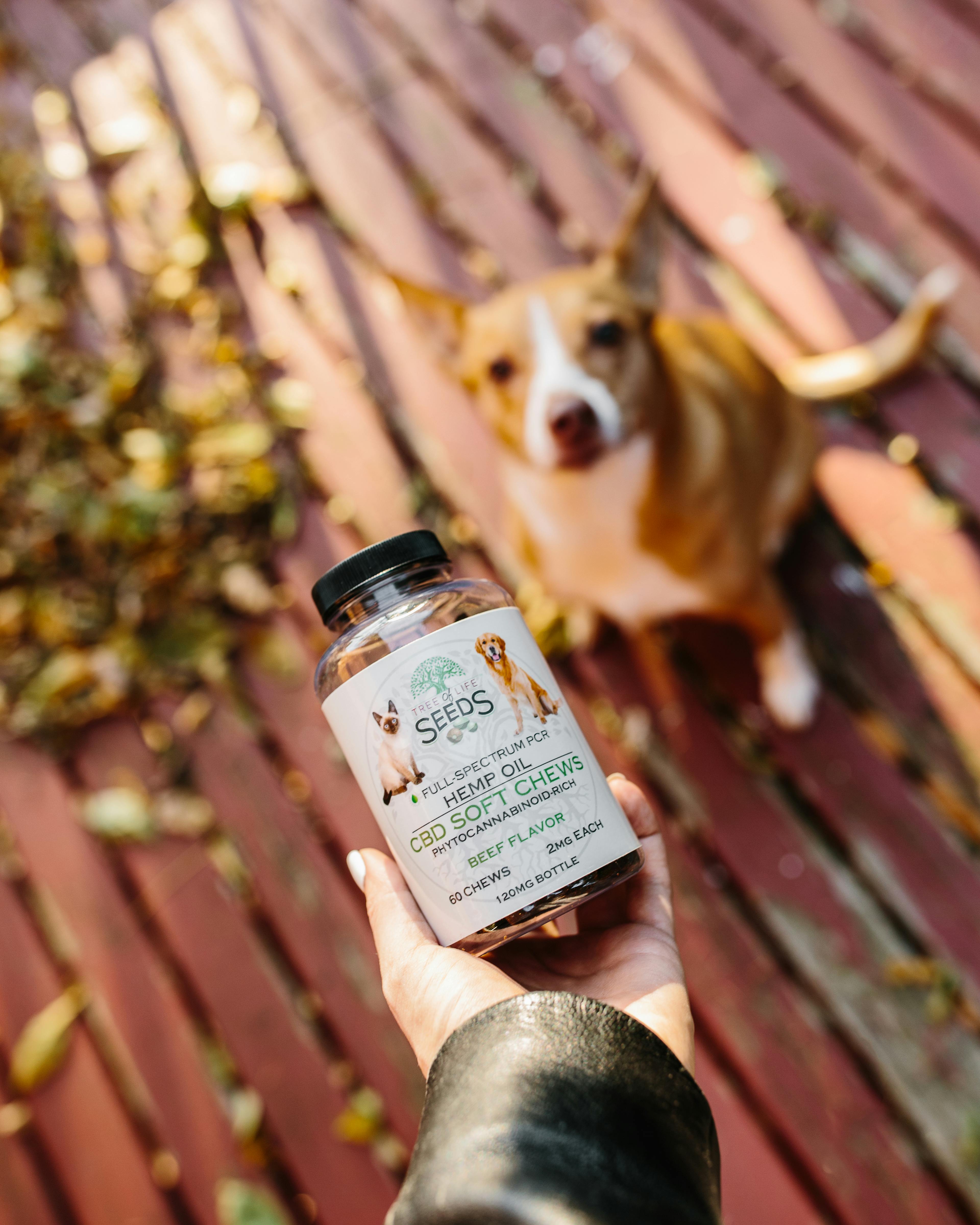Discover the Top Benefits of Holistic Pet Care
Holistic pet care is more than a trend—it’s a transformative approach to animal wellness that prioritizes balance and natural healing. As more pet owners seek alternatives to conventional methods, the benefits of holistic pet care are becoming impossible to ignore. In this guide, you’ll learn how holistic practices can improve your pet’s quality of life, prevent disease, and foster emotional well-being.

Understanding the Fundamentals
Holistic pet care refers to treating the whole animal—mind, body, and spirit—rather than merely addressing symptoms. It’s about proactive care that supports long-term wellness through natural, integrated methods.
This philosophy stems from centuries-old practices found in Eastern medicine, now harmonized with modern veterinary science. Its fundamentals matter because they empower pet owners to take a comprehensive, preventive approach that strengthens overall pet health.
1.1 Mind-Body Connection
At the core of holistic care is the belief that mental and emotional health are deeply connected to physical health. For example, stress in dogs can manifest as skin issues or digestive upset. Research supports that reducing anxiety through techniques like massage or aromatherapy can enhance immune function in animals.
Many holistic veterinarians recommend incorporating relaxation techniques and play therapy alongside diet and physical treatments to support this connection. One common misconception is that holistic care excludes science—it actually combines the best of both worlds.
1.2 Natural Healing Mechanisms
Unlike conventional medicine that often relies on pharmaceuticals, holistic care supports the body’s ability to heal itself. Techniques such as acupuncture, herbal supplements, and chiropractic adjustments are tailored to each pet’s individual needs.
For example, instead of masking joint pain with medication, a holistic vet might combine glucosamine supplements, acupuncture, and weight management. This multifaceted strategy not only treats the issue but also strengthens the body against future injury.
Practical Implementation Guide
Once you understand the benefits of holistic pet care, the next step is putting theory into practice. While results may vary by pet, many owners notice improved energy, mood, and resilience within weeks of starting a holistic plan.

2.1 Actionable Steps
- Assessment and Consultation: Start with a full-body wellness exam from a holistic vet who understands integrative medicine.
- Diet and Nutrition: Shift to species-appropriate diets free of fillers and artificial additives. Consider raw or home-cooked meals tailored to your pet’s biology.
- Routine and Environment: Incorporate regular exercise, enrichment, and a peaceful home setting to minimize stress-related health issues.
2.2 Overcoming Challenges
Common obstacles include resistance from traditional vets, misinformation, and sourcing high-quality natural products. Be cautious of:
- Over-the-counter remedies with unclear ingredients
- Improper dosages without veterinary oversight
- Neglecting regular health screenings in favor of alternative methods alone
Experts recommend documenting any changes in behavior or health and consulting with both holistic and traditional vets to ensure balanced care. Always prioritize your pet’s comfort and safety.
Advanced Applications
Once foundational practices are in place, advanced holistic methods can further enhance your pet’s well-being. These are best introduced under the supervision of a trained professional to ensure safety and effectiveness.

3.1 Acupuncture and Energy Work
Acupuncture for pets, especially those with chronic pain, arthritis, or neurological issues, has shown promising results in clinical trials. Case studies report significant mobility improvement in older dogs after a few sessions.
Reiki and energy balancing techniques are also gaining popularity, particularly for animals recovering from trauma or surgery. These therapies aim to harmonize the pet’s energy fields, promoting a calm, balanced state.
3.2 Integrative Therapies
Holistic pet care also merges with modern tech. For instance, cold laser therapy can be used alongside herbal treatments for tissue regeneration. Compatibility with existing medications should always be reviewed with your vet.
Additionally, aromatherapy and sound healing are now commonly integrated into treatment plans for anxiety-prone pets, especially rescue animals adjusting to new homes.
Future Outlook
The future of holistic pet care looks bright, with increasing investment in natural pet products, research-backed treatments, and broader public awareness. Innovations in diagnostic tools and personalized nutrition plans are expected within the next five years.
Pet owners can stay ahead by joining holistic wellness communities, subscribing to vet-reviewed publications, and continuously educating themselves about natural health trends.
Conclusion
To summarize, the top three takeaways are: holistic pet care focuses on whole-body health, it blends natural and conventional methods, and it empowers pet owners to take proactive roles in their animal’s well-being. These benefits of holistic pet care lead to happier, healthier pets.
Ready to start your holistic journey? Begin with a professional consultation and simple changes like upgrading your pet’s diet or introducing herbal supplements. Your pet’s path to wellness starts today.
Frequently Asked Questions
- Q: What is holistic pet care? Holistic pet care is an integrative approach focusing on the pet’s body, mind, and spirit using natural therapies and lifestyle adjustments.
- Q: How do I begin with holistic care? Start with a consultation from a holistic veterinarian and gradually implement changes in diet, routine, and environment.
- Q: How long before I see results? Visible improvements can begin within weeks, though long-term benefits of holistic pet care may take several months depending on your pet’s condition.
- Q: Is holistic pet care expensive? Costs vary by treatment type. Nutritional changes and herbal remedies are generally affordable; advanced therapies like acupuncture may be higher in cost.
- Q: How does holistic care compare to conventional vet care? Holistic care treats the root cause, while conventional often treats symptoms. They can work together for optimal results.
- Q: Do I need special skills? No, but ongoing learning and close communication with professionals are key. Many techniques are easy to learn and implement at home.
- Q: Is holistic pet care suitable for all pets? Yes, but each plan should be customized. It’s especially helpful for aging pets, those with chronic conditions, or those recovering from trauma.
